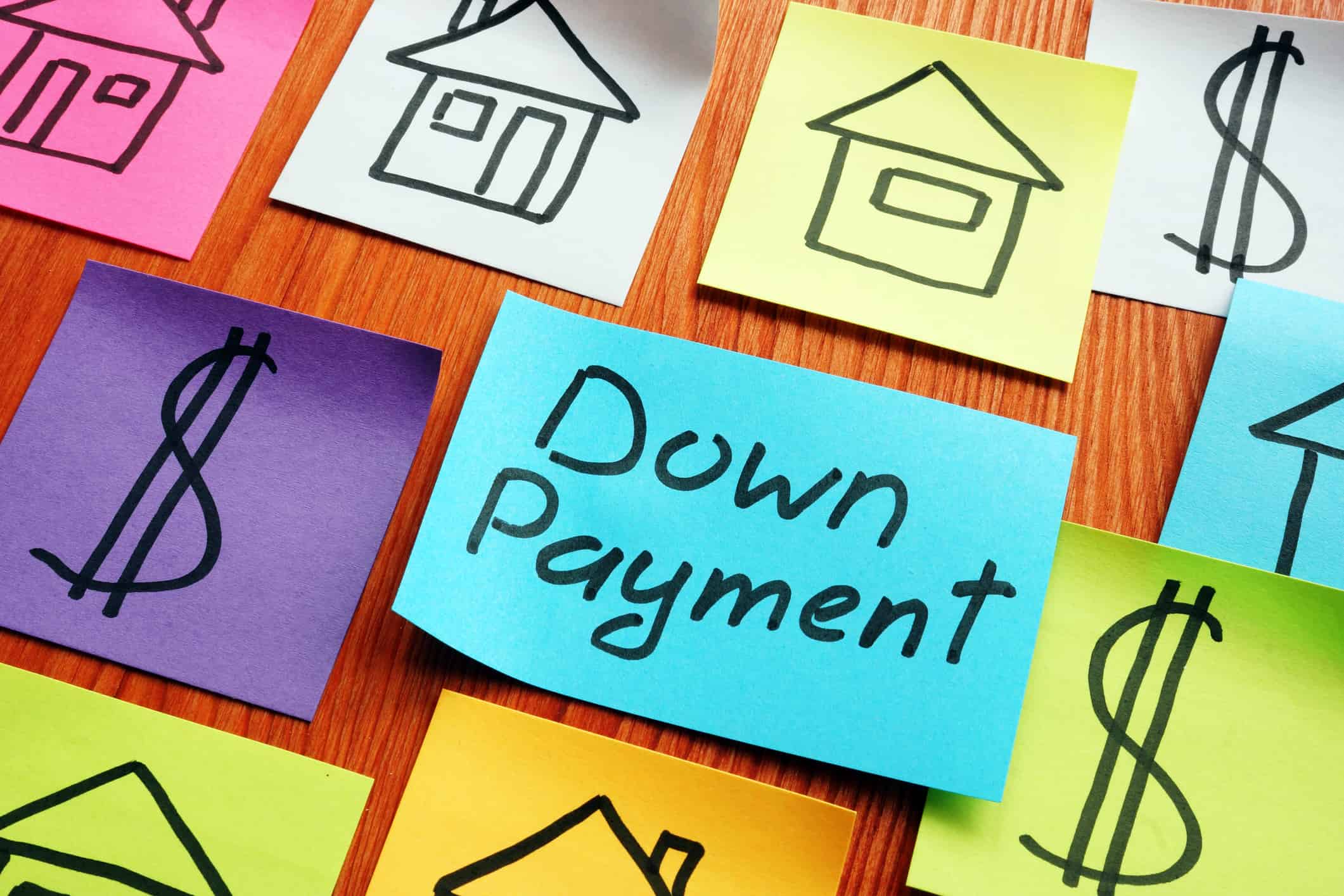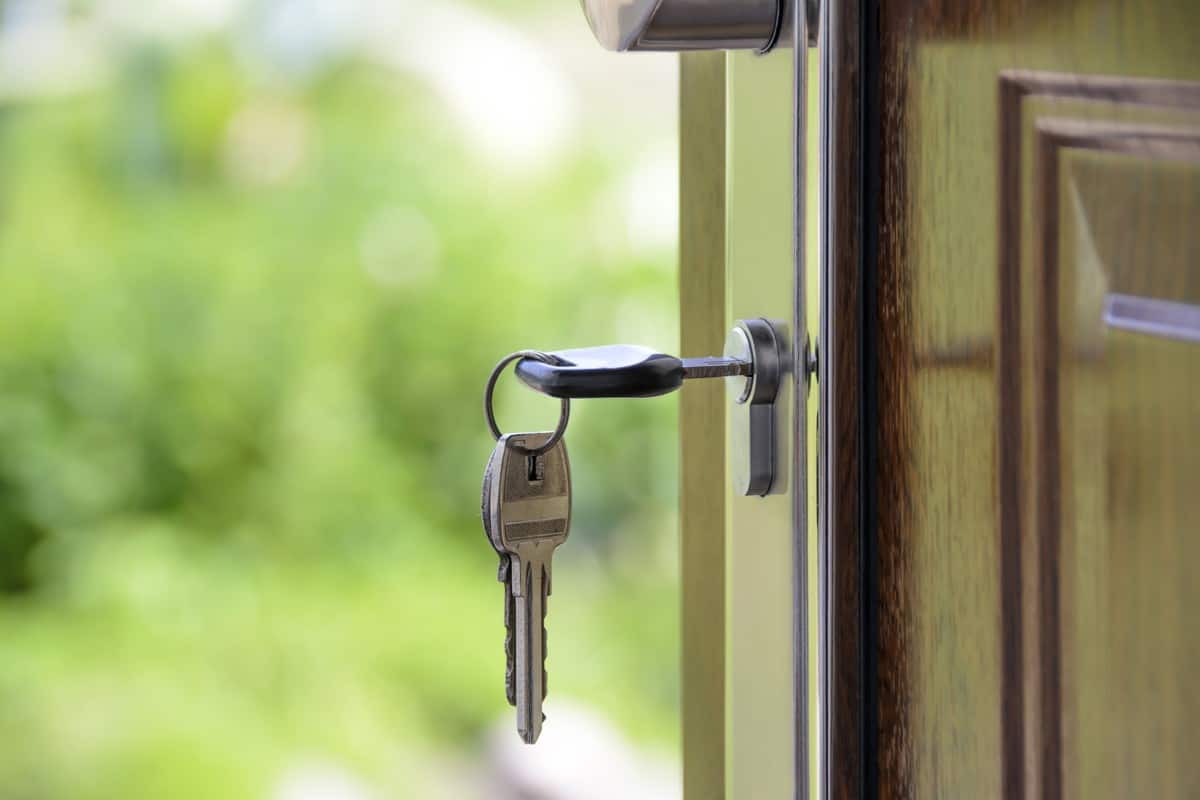What is an Escrow Account?
An Escrow Account (also known as a mortgage impound account) is a separate savings account that is exclusively for real estate taxes and homeowners’ insurance premiums. It is managed by the lender and its main function is to protect the lender from any property tax and homeowners insurance payments that the homeowner cannot make. An escrow account is an easy way to manage both your property taxes and insurance premiums for your home because you can make one monthly payment on your mortgage where part goes toward your mortgage to pay your principal and interest and the other goes into your escrow account for paying your property taxes and insurance premiums. When those bills are due, the funds in your escrow account pay them. Property taxes and insurance premiums will change over time so its important to make sure your escrow account is reviewed each year to make sure you can cover these expenses. To make sure you are covered for unexpected changes, its important to keep a minimum balance in your account at all times.
What does Escrow mean?
Escrow means to give something to an impartial third party who will make sure conditions are met before something is given to the person for which it is intended. The most common use case of having something in escrow has to do with real estate. For real estate transactions, escrow is the process where a neutral third party mediates real estate transaction by holding money and property until the buyer and seller agrees that all conditions are met for a sale to close. A common use case is an earnest money deposit where you include a check with 1-2% of the offer price upon offering on a home to show how serious you are about following through with the transaction. In this case, the seller will receive the earnest money deposit from the escrow account if the buyer backs out of the contract for reasons not approved in the contract.
What is an Escrow Account for?
An Escrow Account is specifically used to pay for a portion of your mortgage payment. When you get a mortgage, you are expected to pay your mortgage in the form of monthly payments. Mortgage payments are mainly comprised of 4 parts, commonly referred to as “PITI” or principal, interest, taxes, and insurance.
The principal is the amount of the loan without any interest added to it. The interest is basically a fee to use the loaned money. Taxes are the taxes you pay for your property that benefits the local public schools, fire departments, public library, etc. Property taxes are paid twice a year on November 1st and February 1st and are paid to the county. Insurance is a mandatory requirement in order to protect your most expensive asset, your home, from certain natural disasters, like fires and floods, and is obtained through your insurance agent. Owning a home without homeowners insurance is the same thing as owning a car without car insurance; it is illegal.
Since property taxes are due twice a year to be paid to the county and the insurance payments are made to the insurance company, there are actually 3 separate payments in order to pay for the mortgage instead of one monthly mortgage payment. In order to prevent the homeowner from being late on payments, the lender will sometimes add the cost of real estate taxes and the insurance payment amount to the principal and interest to consolidate everything into one simple monthly payment. In order to do this, the homeowner will have to open an escrow account.
What is the Purpose of an Escrow Account?
While it seems beneficial for homeowners to open an escrow account, the real reason why escrow accounts exist is so that the lender is protected in the event that the homeowner doesn’t pay. The lender has to protect themselves because they decided to loan you a large sum of money in order to purchase a home. Since property taxes and homeowners insurance are a large part of home ownership, it is in the lenders best interest to make sure that these get paid on time.
How Does an Escrow Account Work?
An escrow account is great for homeowners because instead of having to manage 3 different payments with 3 drastically different due dates, you now have only one monthly payment to think about. While most accounts that hold money are managed by the person who opened the account, an escrow account is usually managed by the lender. After all, if the whole point of the escrow account was to simplify the mortgage payments and to eliminate the inconvenience of memorizing different due dates, it wouldn’t make any sense to have the homeowner put money aside in an account and give them the responsibility to pay these fees on time.
When the homeowner pays their new monthly mortgage payment with the added property tax and insurance premium values, the lender will then take a portion from the mortgage payment and transfer these funds into the escrow account. The lender calculates how much is added to your principal and interest each month by obtaining a copy of your bills from the local property tax office and insurance company. You are not required to provide a copy unless they ask for it.
In order to minimize the risk that you fall short of your financial obligations, mortgage lenders require the borrower to create an escrow account. In the event of a foreclosure, any unpaid taxes or insurance can result in liens that make it hard for the mortgage lender to recover the original mortgage loan. What this does is create an incentive for lenders to keep their borrowers on track with escrow accounts that can really smooth out non-mortgage costs of owning a home.
Escrow accounts do have some drawback for the borrowers in that lenders can require you to keep a minimum balance in your escrow accounts, usually a minimum of two months’ expenses on your mortgage escrow account.
Here is a good breakdown on what can be held in escrow while a sale is pending:
Seller’s deed to the property
The legal document that transfers ownership of the property
Loan Proceeds
The mortgage lender can hold onto the money until the loan closes.
Earnest Money
The deposit you paid to the seller to show your offer is serious
What are escrow fees?
Depending on the state, the fees for escrow can vary between one and two percent of the purchase price of the home. It is up to you to determine the fees before settling on an escrow agent, as in addition to the basic escrow fee, you may also pay fees for transferring funds, copying/transmitting documents and office expenses. Sometimes, depending on the company, escrow fees can be calculated as $2 per thousand of the purchase price, plus $250. Normally, the buyer and seller split the escrow handling fee. For the sale of business, escrow services cost less than 1 percent of the sale price, but for smaller transactions, escrow agent might set a minimum fee. You should get full clarity on these up front before committing to an escrow agent.
What is an escrow balance?
As stated above, escrow is money set aside so a third party can pay property taxes and homeowners’ insurance premiums on your behalf. This is done so each month the homeowners pay a portion of their estimated annual costs, including principal and interest. Currently, lenders are permitted to collect 1/6th of the estimated annual real estate taxes and insurance payments at closing. After closing, you will remit 1/12 of the annual amount with each monthly mortgage payment. On your statement you will see a line item called escrow that shows how much you owe that month. Below are the fills and fees covered by escrow:
Property Taxes
Property taxes are those owed by you the homeowner. Each of your monthly mortgage payments will include 1/12th of your annual property tax bill.
Homeowners Insurance
You will make an initial year’s worth of home insurance payments before closing on the loan, as part of your closing costs. This insurance covers you against losses related to your home. As you move forward, the lender will collect 1/12th payment each month to cover ongoing premiums included in your mortgage payment. The insurance bills from the homeowners insurance company will typically be paid twice a year from the balance in your escrow account.
Mortgage Insurance
Mortgage insurance is dependent on the type of loan that you have gone with. If you are in an FHA loan or have a down payment less than 20%, you can expect to see the fees live on your statement to protect the lender against losing its investment.
How are escrow accounts managed?
Escrow accounts are managed by a mortgage servicer. The amount of money in an escrow account can change from year to year based on fluctuations in insurance premiums and property tax assessments. For shortfalls, the lender will typically cover them temporarily and will eventually increase your mortgage monthly payment. The servicer is required to send you an escrow statement annually to show you the amount you’ve paid and any overages or shortages.
How to set up an escrow account
Identify your need for one
As described in this article, for real estate transactions, an escrow account is needed as a way to guarantee the transaction through the escrow agent and making sure each side fulfills its obligations as stated in the conditions. It essentially acts as a bank account but the money is held with the escrow company.
Making sure your read your purchase agreement
Typically, the real estate agent will name the escrow company you should use in the purchase agreement. You should lean on this agent to handle the setting up of the escrow account.
Finding an escrow agent yourself
If you are selling your home as a private sale, you will need to find an escrow agent yourself. This can be done through asking your bank if they have an escrow service, searching online for escrow agent or contacting a title insurance agency where they can create an escrow account.
Gathering necessary information
You need to provide the escrow company that you or your agent has chosen with particular information so they can open this account. Generally, you will need to provide the seller and buyer name and address, purchase price, address and description, termite report information, financing information, rent (if applicable), personal property involved and the amount of deposit to be held
Visit the escrow company chosen
You or your agent will need to set up a meeting with the escrow company so you can complete the necessary paperwork. You will need to discuss the conditions of the sale and take your deposit with you.
Get your escrow number
The escrow number is the identification number you will need whenever you call your escrow agent for any questions you have throughout the process or to get status updates on the process.
Are Escrow Accounts Mandatory?
Escrow Accounts are not mandatory for everyone, but they are mandatory depending on the type of loan that is chosen. With a FHA Loan (Federal Housing Administration), a down payment of 20% isn’t required. In fact, a FHA Loan only requires a minimum of 3.5% as a down payment for a mortgage. Because the homeowner is putting less than the desired amount, the homeowner is required to purchase FHA Mortgage Insurance just in case they cannot keep up with their payments. Those who choose to have a FHA Loan are also required to have an escrow account. If you have a VA Loan, which does not require any down payment, an escrow account is not mandatory by The Department of Veteran Affairs, but many lenders make it a requirement that veterans get one.
Many lenders will push homeowners to have an escrow account, even charging a fee to waive the account. Not all lenders will charge a fee for this, but if they do, the fee is usually .25% of the loan amount and is paid during closing. If a homeowner wants a FHA Loan and wants to waive escrow, the lender will usually not allow it or require that they make an additional down payment.
Benefits of an Escrow Account
There are more benefits to an escrow account in addition to the convenience it provides. Having an escrow account ensures that the homeowner is financially equipped to tackle these bills when the time comes for payment. Because homeowners insurance is paid annually and property taxes are paid twice a year with set due dates, it is easy to forget about them especially since they don’t come with an auto-pay option.
Putting aside money every month to save up for these is a more responsible decision. Homeowners who do not have an escrow account can easily get sticker shock when seeing 6 months’ worth of property taxes or 12 months’ worth of insurance premiums in one shocking amount. Even though it is a known requirement that property taxes and insurance must be paid, it can be difficult to put aside money each month. There could be other uses for that money, but having it as a part of the monthly mortgage payment makes thinking about saving less difficult.
If you end up putting in too much money into your escrow account because your lender overestimated how much you were going to owe in taxes and insurance premiums, you will be reimbursed by the lender if you close your account or if you pay off your loan. If your lender ended up charging you more than what the bill totaled, whatever is leftover will go towards the next payment. Your lender is also required to provide statements so you know how much you have in your account and how much you have contributed to your account.
Cons of an Escrow Account
Property taxes and home insurance premiums are not fixed. This means that the homeowner does not pay the same amount every time. This is because property taxes are calculated based on your home’s value, which can fluctuate depending on the market. Like property taxes, homeowners insurance rates are also tied to the market meaning they can also change. Homeowners insurance also offers “inflation guard” as an add-on in order to match your coverage to reflect inflation. This means that your premium will increase every year in order to keep up with the rate of inflation.
For those who have chosen to get a fixed rate mortgage, having an escrow account can be frustrating since one of the perks of having a fixed rate mortgage is having the same payment every month. With an escrow account, the fixed rate mortgage payments are no longer “fixed” since the lender adjusts the charged amounts to make sure there will be sufficient funds without blatantly overcharging the homeowner.
While the lender is responsible for making sure that insurance premiums and property taxes get paid, they are human and there is room for error. Even if you have an escrow account, you would be the one at fault if you are delinquent on your payments.
Bottom Line
Escrow accounts are a great resource for anyone who wants to make sure they’re putting aside money every month to pay for their property taxes and homeowners insurance premiums. There is no maintenance fee and your lender does not make a profit off your account. The only person it benefits is the account holder by eliminating additional maintenance of their finances.
While escrow accounts can be useful to many, they aren’t preferred by everyone. Some people like to have full control of their finances and are financially responsible enough to remember when these payments are due and budget for them accordingly. If this is something that you know you can do, then an escrow account isn’t necessary. Since life has a tendency to throw hurdles when we least expect it, having an escrow account wouldn’t do any harm since there are no fees associated with it.



